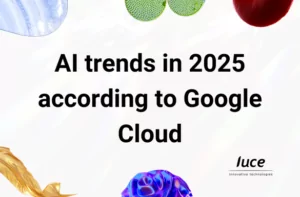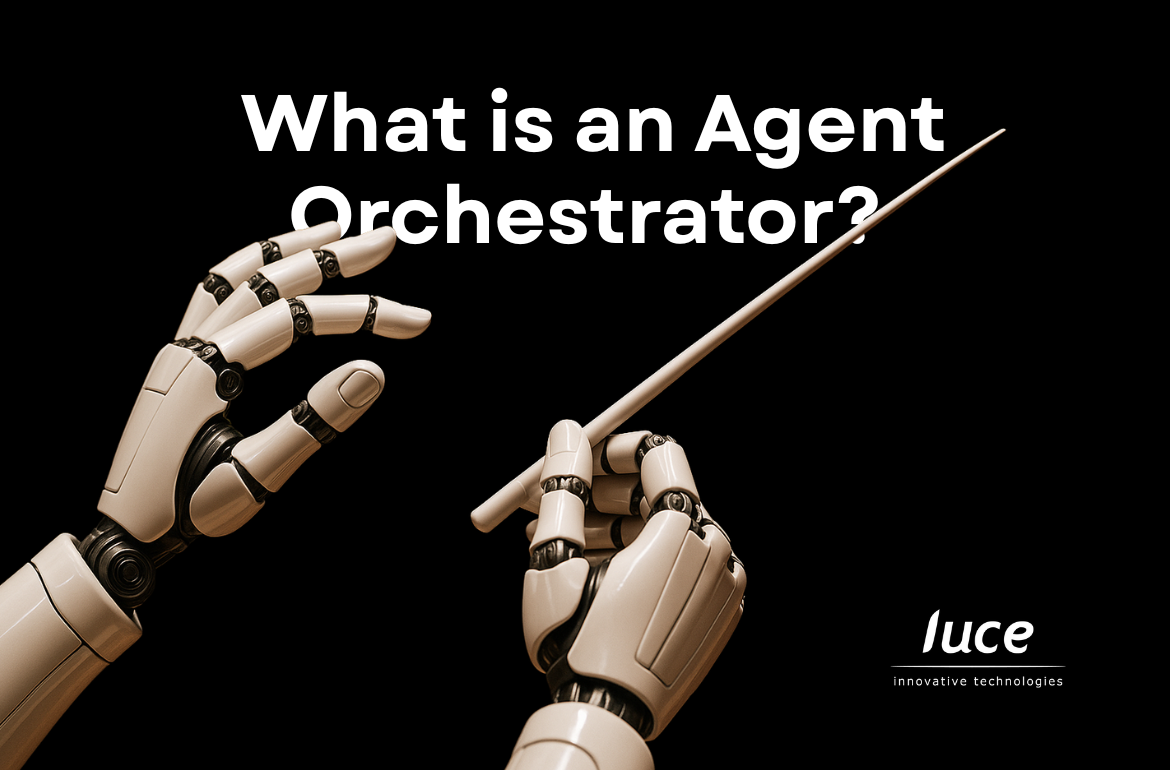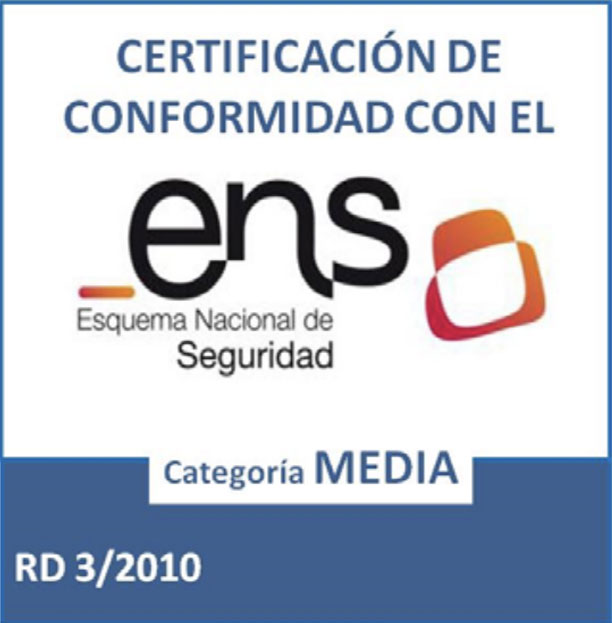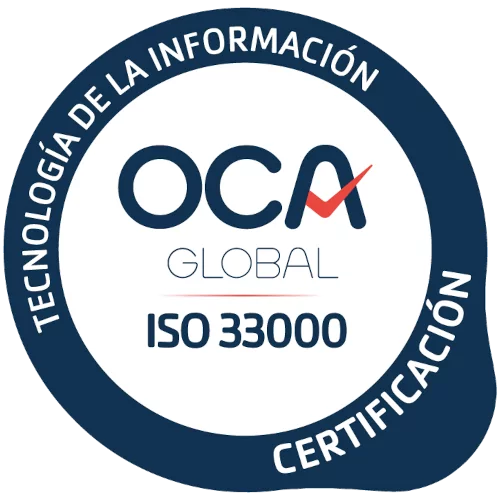
What to expect from Artificial Intelligence by 2025?
Artificial intelligence (AI) continues to transform the business landscape at a dizzying pace, and 2025 will be no exception. Businesses are already seeing the benefits of its implementation, but next year promises to be a key milestone. According to Google Cloud’s AI experts, AI will not only continue to improve familiar areas such as automation and data analytics, but will also make significant advances in other sectors. Here are some of the most important trends to watch in 2025.
1. Intelligent automation beyond the basics
Automation has been a buzzword in recent years, but in 2025 we will see ‘intelligent automation’ expand into more complex and industry-specific workflows. AI will not only enable automation of routine tasks, but will provide customised solutions tailored to the unique needs of each business. From finance to logistics, AI models will be able to make real-time decisions, improving operational efficiency.
2. Generative AI and its transformative impact
While generative AI has been the talk of the town for the past few years, 2025 will be the time when it will establish itself as a key tool for content creation and innovation across multiple industries. This technology will be used to design products, generate personalised advertising campaigns, and even write code more efficiently. Tools such as Google Cloud Gemini are already showing the potential of generative AI in enterprise application development.
3. Multimodal AI: the evolution of interfaces
Another trend that will mark 2025 is the growth of multimodal AI, which combines text, images, video and other data formats to provide a richer and more effective experience. This technology will enable better interaction between users and intelligent systems, adapting to different input and output formats. Companies in sectors such as retail and customer service are already beginning to explore these applications, enabling more fluid and efficient communication.
4. AI-driven hyper-segmented personalisation
Personalisation has long been a goal, but 2025 will mark the beginning of hyper-segmented personalisation thanks to artificial intelligence. Businesses will be able to create fully personalised experiences for each customer, using real-time data to anticipate their needs and desires. This personalisation capability will be especially valuable in sectors such as e-commerce, where every interaction can be optimised to generate more effective conversions.
5. How to improve cybersecurity with AI?
Security will continue to be a priority for businesses, and AI will play a crucial role in this area. AI systems in 2025 will be able to predict and prevent cyber attacks in real time, using data patterns to identify threats before they occur. Organisations will be able to better protect their digital assets, while cybersecurity automation will reduce incident response times.
In short, 2025 promises to be an exciting year for artificial intelligence, with advances that will not only make business life easier, but also open up new opportunities for innovation. From intelligent automation to cyber security, companies that embrace these technologies will be better positioned to meet the challenges of the future.
If you want to know more about each of these trends, here is a Google Cloud ebook you can’t miss.

Luce IT, your trusted technology innovation company
The Luce story is one of challenge and non-conformity, always solving value challenges using technology and data to accelerate digital transformation in society through our clients.
We have a unique way of doing consulting and projects within a collegial environment creating “Flow” between learning, innovation and proactive project execution.
At Luce we will be the best by offering multidisciplinary technological knowledge, through our chapters , generating value in each iteration with our clients, delivering quality and offering capacity and scalability so they can grow with us.
>> Master Plan 2025: Winning the game









